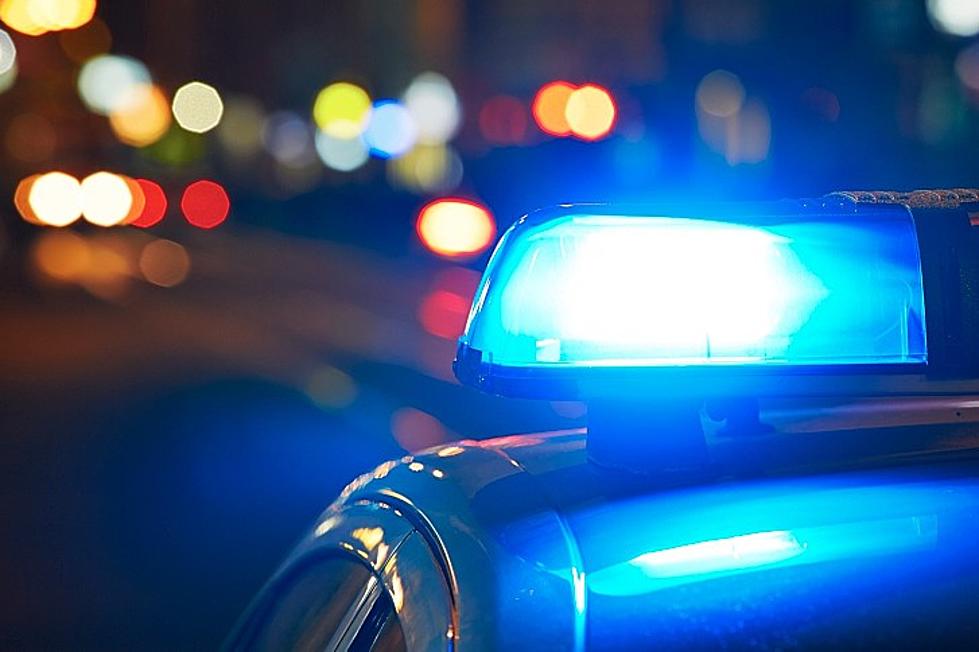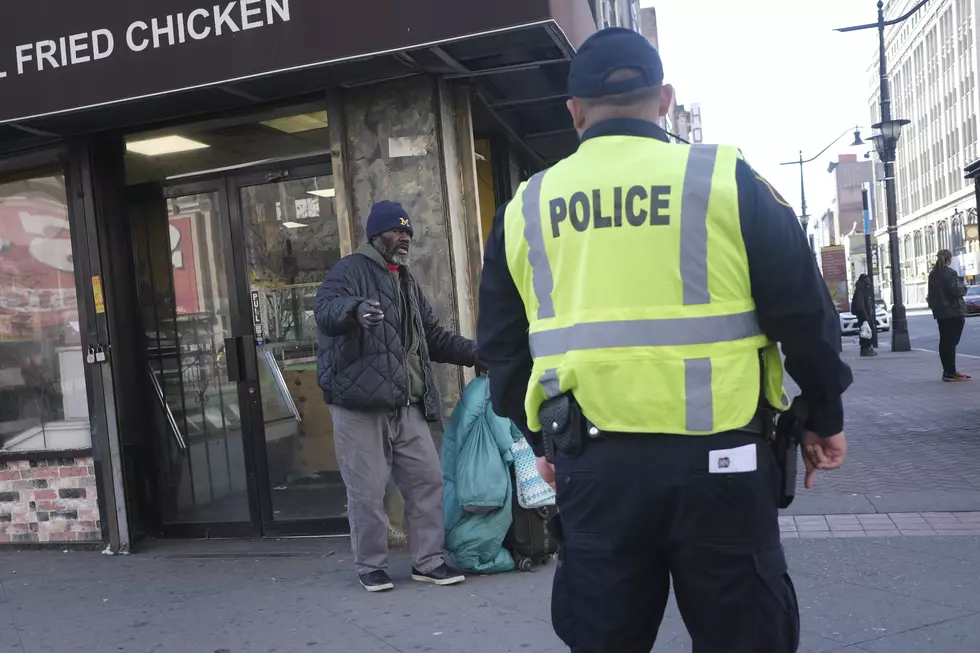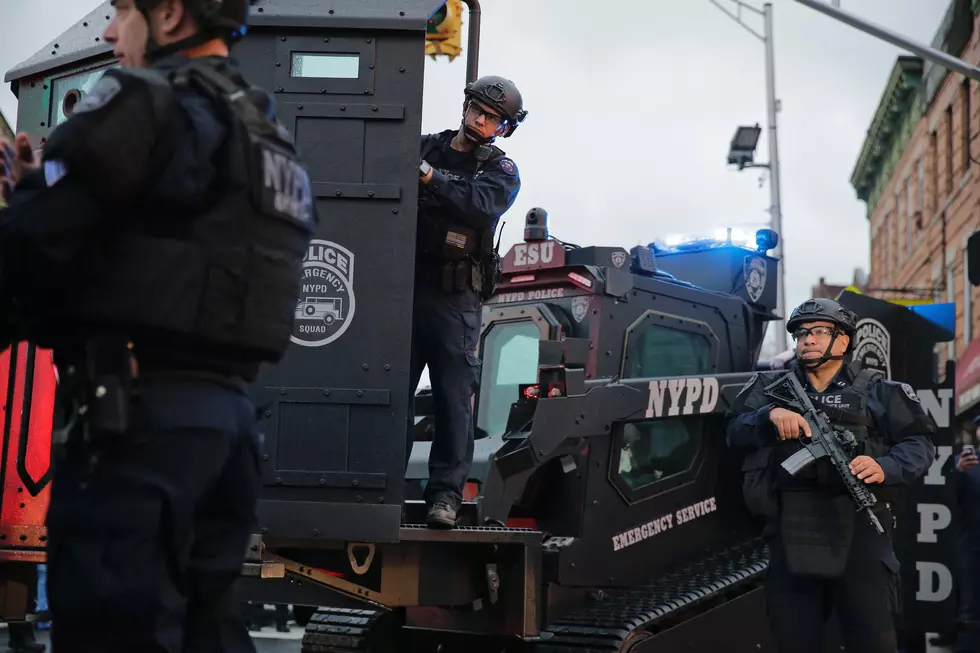
3 terrifying realities about fighting Islamic terror today
It's almost impossible to make sense of the carnage in Orlando — dozens of deaths at the hand of a self-proclaimed supporter of the Islamic State.
But Monday morning, I brought onto the air Joe Giacalone, a retired NYPD detective who'd been commanding officer of the Bronx Cold Case Homicide Squad. If anyone's got insight into what it takes to fight terrorism, it's someone like Joe — who teaches seminars to other law enforcement, and who wrote "Criminal Investigative Function: A Guide for New Investigators."
I took away from that conversation three terrifying, sobering facts about terrorism and what we can do — or, frighteningly, can't do — to stop it.
It can happen anywhere.
No one expected Pride, the gay club in Orlando where Omar Mateen opened fire with an AR-15 and a handgun, to be a target of violence. This wasn't the World Trade Center or the State of Liberty. This wasn't a high-profile event night or a controversial landmark.
"Our soft targets are nightclubs, our movie theaters," Joe told me. "I mean, we've seen this all over the country. They're underprotected. A lot of people walk around and think it's not going to happen here, it's not going to happen there. And quite frankly, it can happen anywhere."
Joe reminded us of the all-too-recent killings in San Bernardino — an attack at the hands of a radicalized Muslim couple that left 14 people dead, including a former New Jersey man.
"If San Bernardino a couple of months ago didn't open up our eyes to the terrorism specter, then this certainly has to," Joe told me.
This is how terrorists target us.
"I know people say it can come from anywhere," Joe said — bringing up the shootings that killed a police officer and two civilians at a Planned Parenthood facility in Colorado — "and that's true."
"But (in ISIS) we have an organization that is poisoning the minds of people who get bombarded with these messages, through social media, through YouTube and stuff like that," Joe said. "And quite frankly, this is the kind of things that's going to be going forward. They can't attack us militarily, so they're going to go after this sort of thing."
So far, authorities say Orlando shooter Omar Marteen called 911 to pledge allegiance to ISIS, and that ISIS has claimed credit, but they haven't found any operational ties to the terrorist organization.
But Joe told me he suspects law enforcement will find a more solid connection — some communication between him and other radicals.
"They don't post things on Facebook and Twitter anymore. They go on social media sites we don't even know about," Joe said.
In any case, whether he had a formal connection or not, it's still radical Islamic terrorism – and that he's a lone wolf is no consolation to the families of the dozens left dead Sunday morning.
Law enforcement's challenges are real.
I've been saying for some time I think Donald Trump is one of the few people in the public square talking honestly about the threat we face. I want to know — what did the people in Marteen's life know? What did his second wife know (his first wife, a former Jersey resident, says he was unstable and abusive)?
We know Marteen was on the FBI's radar multiple times as a suspected terrorist sympathizer.
So what could we have done to stop it?
I asked Joe, "What does law enforcement need?"
Here's a troubling stat he answered with: "It's unfortunate that there's anywhere from 800 to 100 of these investigations currently going on in the United Stated by the FBI."
But with about 5,000 agents operating nationwide, that's not very many that can be devoted to one of our most serious threats.
"And those (cases) are the ones that we know about," Marteen said.
The recent struggle between Apple and the FBI over encryption an an iPhone —which the FBI defeated, even though Apple refused to help — doesn't help. Terrorists are hiding their information away from law enforcement, and there's only so much we can do to stop it.
So the struggle to do something about these attacks while preserving our way of life is a real one.
"As a free society and an open society we can't tie everybody down that we think is going to have a potential problem," Marteen said — though he noted in the UK, without the due process protections we've got, a suspected terrorist can be locked up without probable cause much more easily.
Meanwhile, one of our most cherished freedoms — free speech — is being abused, as radicals post on social media plans and propaganda.
"If you just go to YouTube, and you type in 'how to be a terrorist,' there are how-to videos on these things, and they never seem to get taken down," Joe said.
More from New Jersey 101.5:
More From New Jersey 101.5 FM









